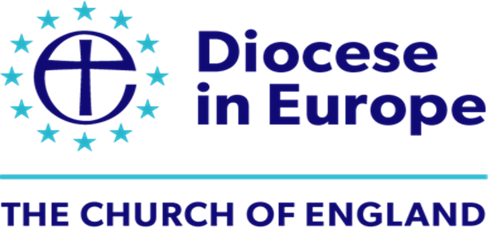The UN General Assembly has declared 2021 to be the International Year of Peace and Trust
The hope is to encourage and mobilise international efforts to promote peace and trust among nations, amid the countless challenges that face us all and thus bind us together in the facing of those challenges.
The timing is relevant: Alongside the Corona news that dominated so many aspects of 2020, there was plenty else going on in personal, public, historic arenas. 2020 was the year that marked the 75th anniversary of the end of World War II. Had the pandemic not occurred, then last year would have been punctuated by countless events in much of the world to mark that 75th anniversary.
So, a year of Peace and Trust.
=Peace I have often spoken of and written about too. Peace, as we know, is a major part of the Advent and Christmas narratives. At St Catherine’s, we also give a focus to Peace in early November, while recognising that different cultures and nations mark such things officially right across the calendar for both local and national reasons. Peace is also one of ‘the five marks of mission’ and thus central to Anglican identity. “To transform unjust structures of society, to challenge violence of every kind and pursue peace and reconciliation”
=Trust as a public focus is new, at least to me.
Looking back over 2020 there are two words that stand out for me as needing processing and inviting reflection – will they help us in this new International Year of Peace and Trust?
The first is Freedom – specifically, where personal freedoms and public welfare and safety have come into tension. It is interesting also how that tension is completely different in different parts of the globe. No doubt many Sociology PhD programmes will follow in years to come.
The second word is Trust – this first came out, almost muted, in the noise of the ‘first wave’ panic at the beginning of the year: trusting the scientists, trusting the political leaders, trusting the media. Once again this too has played out differently in different parts of the globe. Then, as the months went by, trust became a journey as trust of some sectors grew and others shrank. In the best-case scenarios trust grew into confidence.
More recently the focus of trust has shifted again. This time to trusting the vaccines that are now available. (There is a back story here also about vaccines, particularly for children. A back story that links up with the freedom issues once again.) So this vaccine debate starts, for debate there will be, in families and communities as well as nationally and internationally, not just about effectiveness and availability of the vaccine but also about trust and the freedom of personal choice. Certainly in Europe (continent or EU ?) the decision has been made to not make vaccination compulsory. That may of course change in the future.
Something I do, at least every Lent and Advent, is to read some ‘weighty’ material. This Advent, apart from some theology on the Isaiah Titles used by the composer Handel, I also revisited some medical ethics (having taught ethics in a previous life). Many of the issues have changed and yet many tools remain unaltered. The reading was time well spent. Freedom and trust feature there in so many issues. Will that help as I approach this year of Peace and Trust ?
And for us as a diverse Church Family both here in Stuttgart and across the globe, at the beginning of a new year, we are invited to connect with the International Year of Peace and Trust. We can do much to build and nurture both peace and trust in the spheres of influence we have at school, at work and in our neighbourhoods (physically) and our digital / social footprint (online). May your endeavours and mine be blessed and in turn be a blessing.








